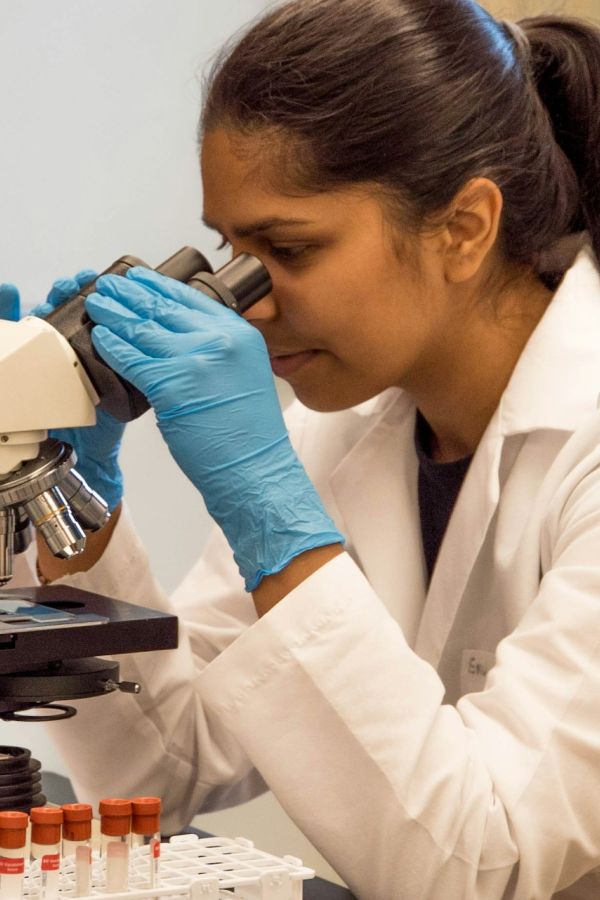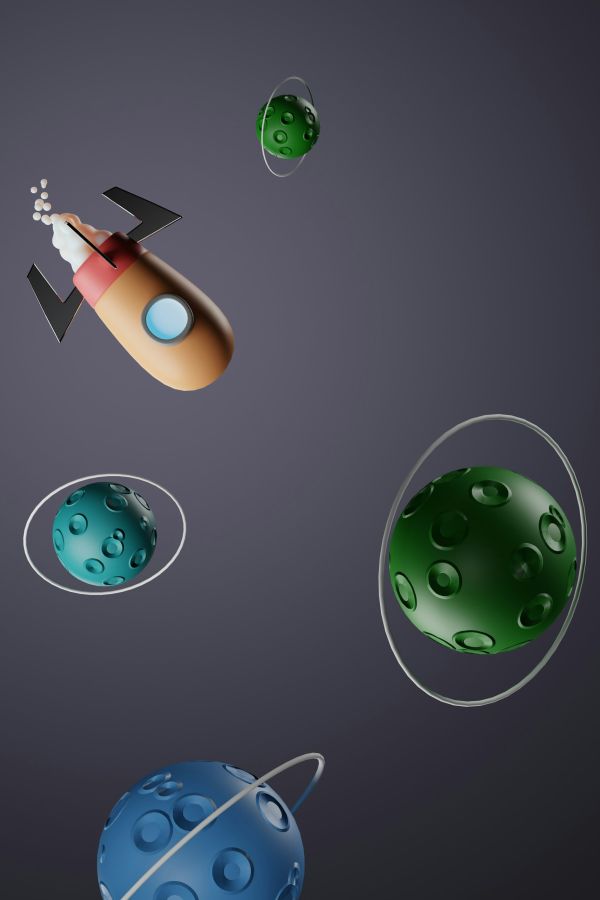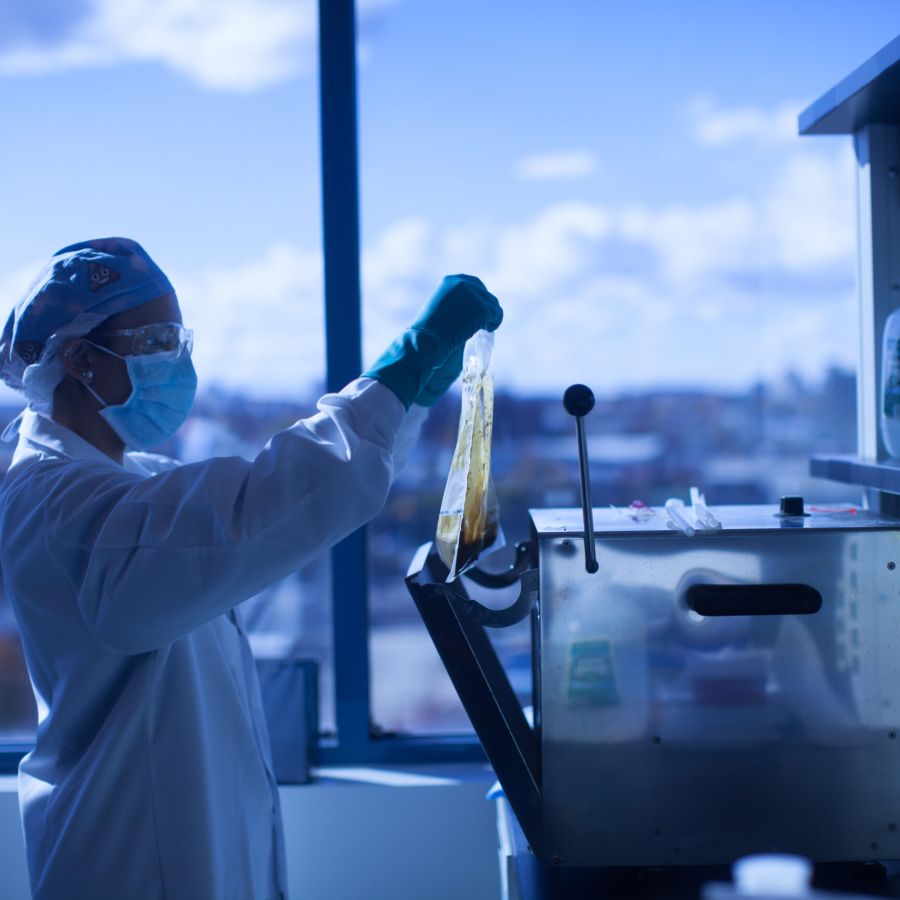Severe acute malnutrition results in nearly 2 million preventable child deaths every year. OpenBiome’s program in Malnutrition is bringing together a coalition of scientists to advance new therapies for this urgent public health threat.
Building a world where the full potential of the microbiome radically improves health for all.

45 Million

149 Million

45%
The microbiome plays a critical role in the cycle of malnutrition and diarrheal diseases

“As a non-profit leading the way in translating microbiome research into patient care, we believe that enhancing childhood malnutrition outcomes could be one of our field’s most significant impacts. With the potential to save thousands of lives annually, we feel an urgent responsibility to apply this science and rigorously evaluate the effectiveness of microbiome-directed interventions.”
Core Activities

Convening
Bringing together multi-sector experts to deliver a new set of solutions for malnutrition

Research
Advancing the development of novel microbiome-directed products for child nutrition

Trials
Supporting study design and clinical trials of microbiome directed interventions

Training
Sharing know-how and building a scientific network to increase global capacity in microbiome research

Spotlight on THRIVE
OpenBiome’s inaugural global health study, Transfer of Healthy Gut Flora for Restoration of Intestinal Microbiota Via Enema (THRIVE) valuated whether fecal microbiota transplantation (FMT) can help treat children with pediatric Severe Acute Malnutrition (SAM) who have not responded to standard treatment alone.
SAM stunts the growth of 20 million children worldwide, primarily from developing countries, and contributes to 1 million deaths each year.
- SAM generally affects children under five years of age.
- SAM is a persistent problem in South Africa with 4.5 new cases of SAM per 1000 children.
- Over 35% of children with SAM do not respond to the standard treatment of nutrient-enhanced foods and antibiotics.
The THRIVE study is the first to explore broad-spectrum microbiome interventions for the treatment of malnutrition and could catalyze novel therapeutic avenues to address malnutrition.



